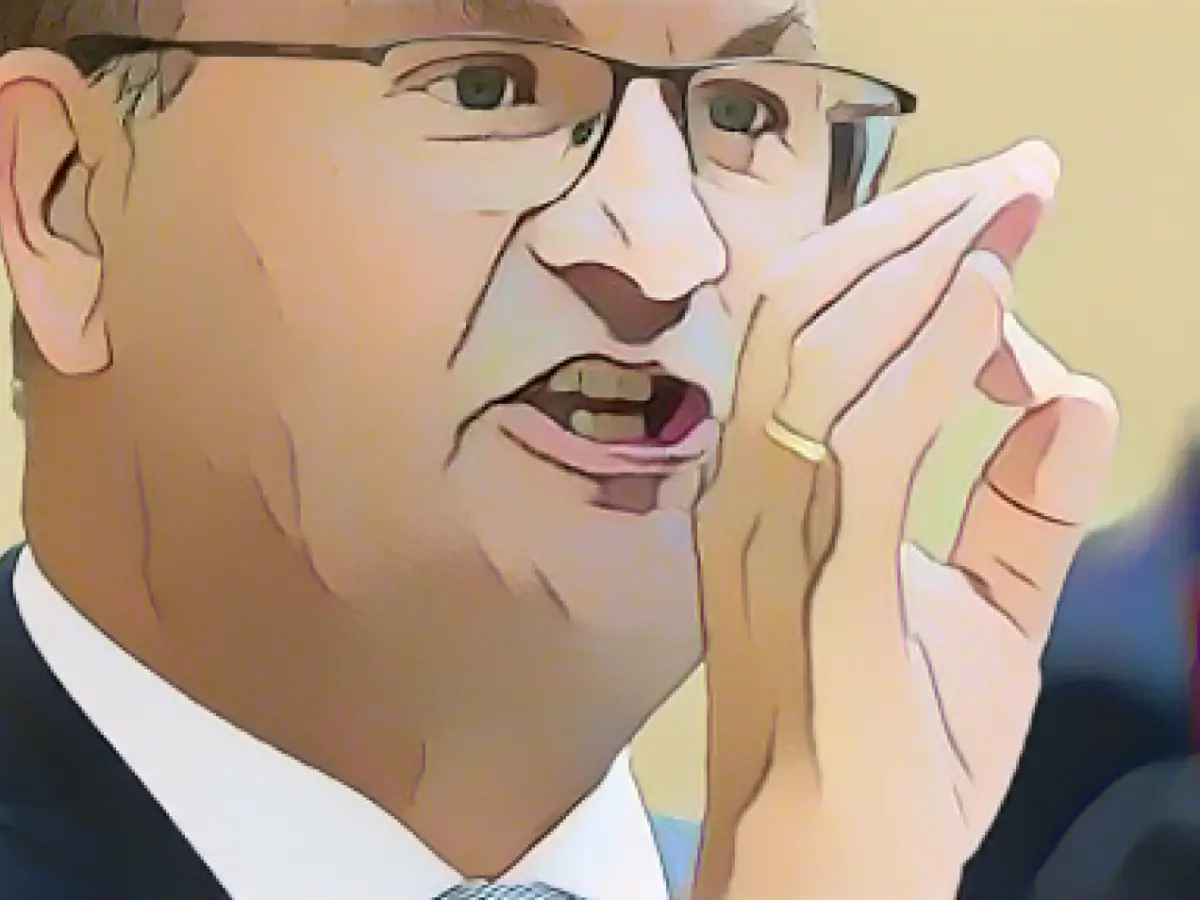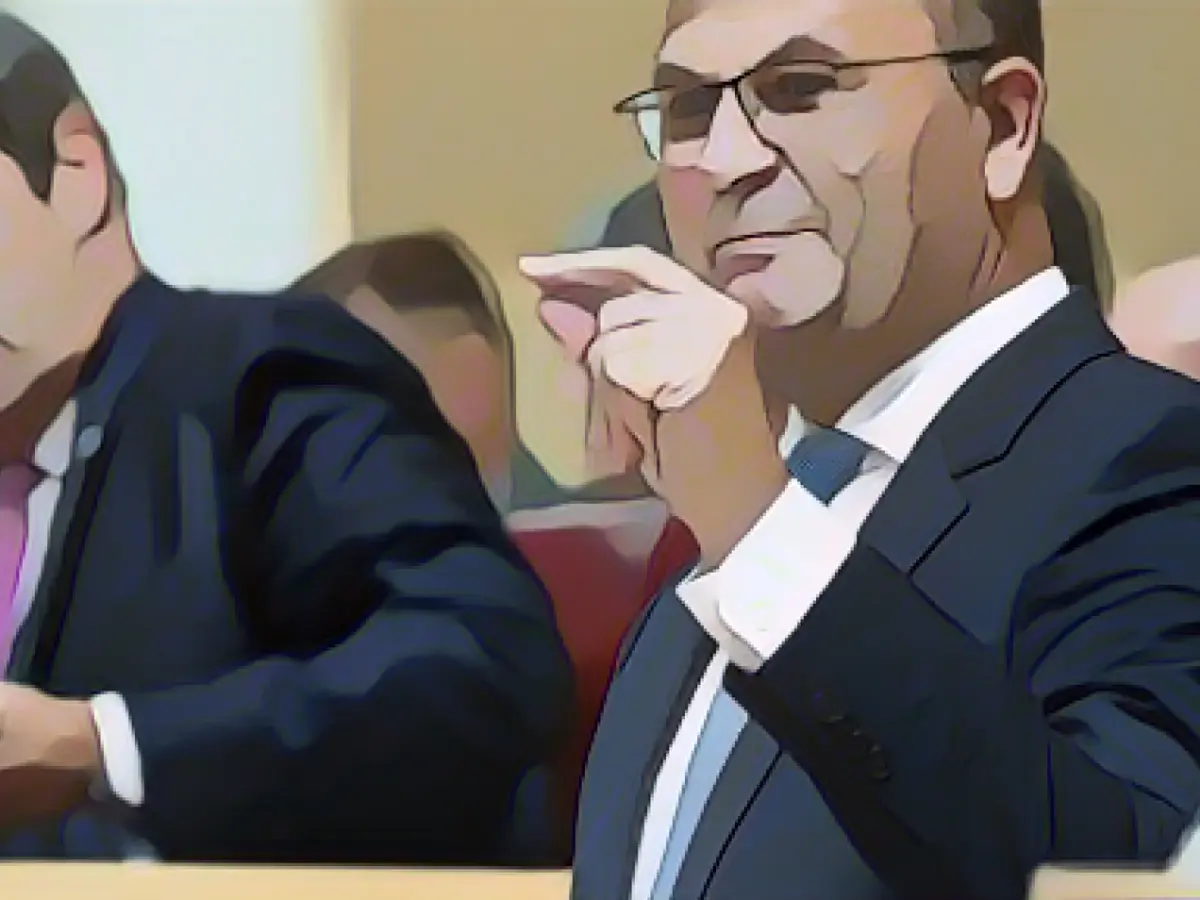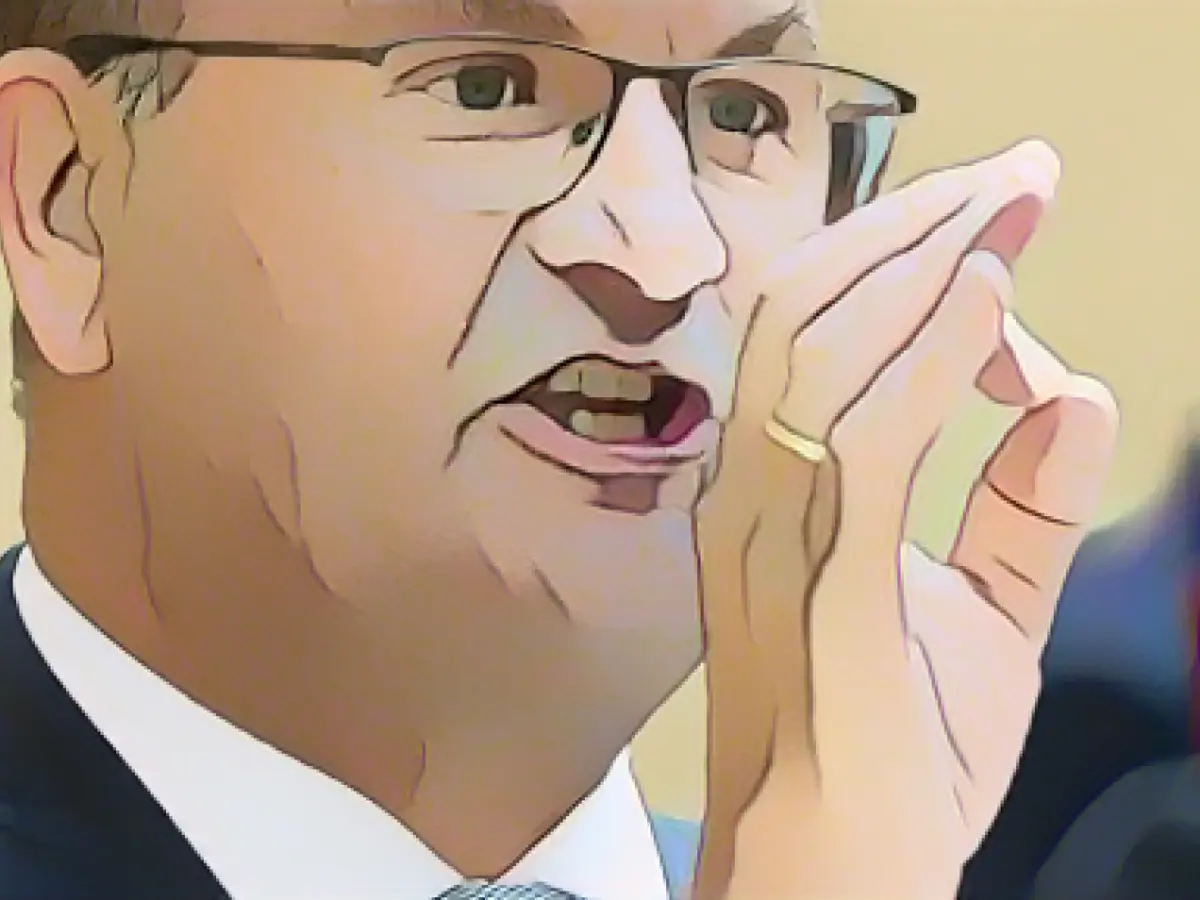In a recent turn of events, Finance Minister Albert Füracker from Bavaria's CSU party has taken a stance against reforming the debt brake, despite calls for changes from his counterparts in Baden-Württemberg and Berlin. Instead of bypassing the debt brake, Füracker suggests focusing on boosting the economy and promoting growth, which in turn will increase tax revenues, according to reports in the Daily Mirror.
In a guest article published in Tagesspiegel, Finance Ministers Daniel Bayaz from Baden-Württemberg's Greens and Stefan Evers from Berlin's CDU, advocated for creating a reform commission composed of representatives from federal and state governments and academia. Their aim was to further develop the debt brake, considering an investment rule as part of the reform. They stressed that the exception to the debt rule should not be misused for non-targeted expenditure.
The debate on reforming the debt brake, known as the Schuldenbremse in Germany, is not new. Some argue for loosening the rules to increase investment spending and promote growth, while others advocate for maintaining strict fiscal discipline and stability to prevent excessive debt accumulation.
The debate becomes increasingly relevant with ongoing budget chaos at the federal level. Berlin's governing mayor Kai Wegner has hinted at launching a reform initiative in the Bundesrat, as per RBB-Inforadio. Responding to these calls, Finance Minister Füracker from Munich, hailing from one of Germany's financially stable regions, has been vocal against significant changes to the debt brake, a key element of their conservative fiscal policy.
With the debate surrounding the debt brake gaining momentum, the views of specific finance ministers hold significant weight. For instance, politicians like Albert Füracker (CSU) would likely support maintaining the debt brake to ensure fiscal discipline and stability. Conversely, representatives from parties like the SPD might advocate for loosening the rules to allow for economic stimulus and social investment during crises.
In the end, the debate hinges on striking a balance between maintaining fiscal discipline and promoting growth in the German economy.








